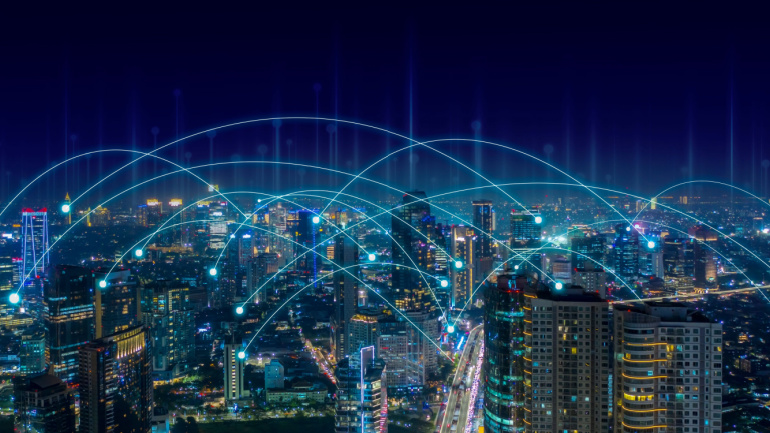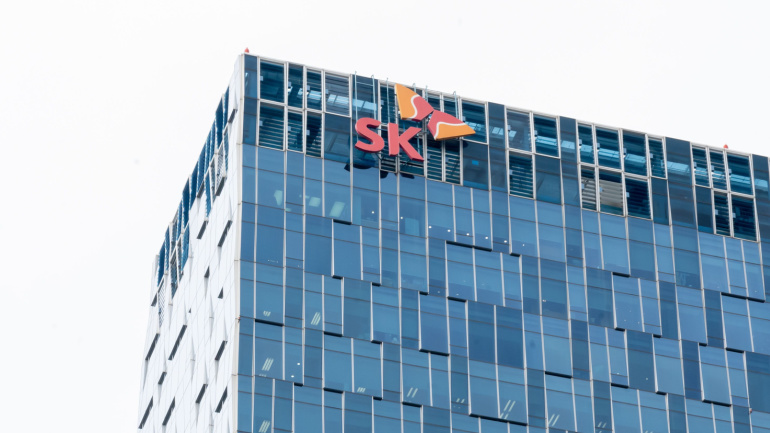A recent survey found that 85% of broadband and mobile consumers find annual price hikes unjust, adding the frustration that 87% believe they should be able to switch providers without penalty if such increases occur mid-contract. However, the reality presented by providers paints a different picture. These unexpected cost changes and fear of penalties for ending contracts prematurely have driven 62% of surveyed participants to consider switching providers immediately after unexpected price increases. This trend prompted a response from Ofcom for clearer pricing transparency, a call further championed by Uswitch and Which?. This has led to new guidelines by the UK’s Committees of Advertising Practice, aiming to ensure providers fully disclose potential cost changes to customers.
The UK has spurred a global AI commitment, aptly named ‘The Bletchley Declaration,’ inviting international participants to coordinate efforts to transform AI into a force for societal good. This shared endeavor, decided during the UK-led AI Safety Summit, represents a crossroad for the world: fruitful scientific accomplishment or potential disaster if poorly managed. The declaration sets the stage for practical actions, yet, the exact plan of action remains uncertain. In light of global climate initiatives, questions arise on the effectiveness of this AI initiative. Will technological advancements in AI hold the answers to crucial global issues? Only time will tell.
Networking the future with simple text or voice commands? That’s what Nokia’s Bell Labs envisions with their new AI-centric technology – Natural-Language Networking. This breakthrough could revolutionize how network resources are managed by learning user needs over time, resulting in a self-regulating and adaptive system. As a pivotal part of the ambitious UNEXT programme, this technology simplifies network management, aiming for a seamless yet independent functioning of all network elements. An interactive OS that learns and anticipates need – the future of telecoms is unfolding right now.
As cyber threats surge in the UK, BT uncovers jaw-dropping statistics, including an average of 530 attacks every second globally. Industries from defence to hospitality are not exempt. To combat this, BT has launched an illuminating podcast on cybercrime’s impact and potential solutions.
In an effort to address the growing concern of AI-powered robocalls, the Federal Communications Commission (FCC) is set to vote on a Notice of Inquiry, proposed by Chairwoman Jessica Rosenworcel. The inquiry aims to examine how existing consumer protections, particularly the Telephone Consumer Protection Act, can combat scammers and spammers using AI technology.
VEON, the global digital operator, is demonstrating its unwavering commitment to Ukraine with a high-level delegation visit to Kyiv and Lviv. Comprising members of the VEON Board and Management, the delegation seeks to bolster the company’s presence and engage with various stakeholders in Ukraine.
SK Telecom’s collaboration with AI pioneer Mars Auto, brings forth a compelling vision for autonomous trucking, leveraging SKT’s 5G prowess and Mars Auto’s AI system. With Mars Auto’s AI armed with extensive roadway data from SKT, there’s a promise of safer, more efficient self-driving services. SKT’s continued strides in telecom, signified by the company’s alliance with Deutsche Telekom and massive investment in AI firm Anthropic, show signs of transformative potential for the telecom sector.
5G and AI are more than just buzzwords; they’re shaping up to become the backbone of technological breakthroughs. Their ultra-fast capabilities are key for advancements including IoT and intelligent automation. However, with high speed comes high stakes, particularly in the domain of cybersecurity. Yet, despite potential risks, the limitless possibilities offered by 5G and AI, whether it’s efficiency gains or real-time interactivity, are compelling. This combination is set to revolutionize industries, driving anticipation for what lies beyond the tip of this transformative iceberg.
Anticipation builds as the international telecommunication industry readies for the 2023 Global Telecoms Awards, offering a glimpse of the brightest advancements in the sector. This year’s fierce competition promises a thrilling revelation on November 30th, stretching from top-shelf 5G innovations to groundbreaking strides in AI and sustainable telecom solutions. Coinciding with the awards, the Future Vision Executive Summit promises to stimulate discussion on pressing telecom industry topics. Don’t miss out, the future of telecommunications unfolds here.
An ambitious €1 billion initiative is underway in Spain to narrow down the digital divide in rural areas, spearheaded by the Ministry of Economic Affairs and Digital Transformation. The project focuses on escalating the presence of 5G technology, committing an impressive €544 million towards standalone deployments. Aimed at areas unlikely to be targeted by private sector network deployments, it accentuates the government’s determination to extend tech revolutions to the unserved regions. With potential applications to various sectors, Spain’s pathway to complete 5G integration could serve as an inspirational model for others in this era of digital transformation.













